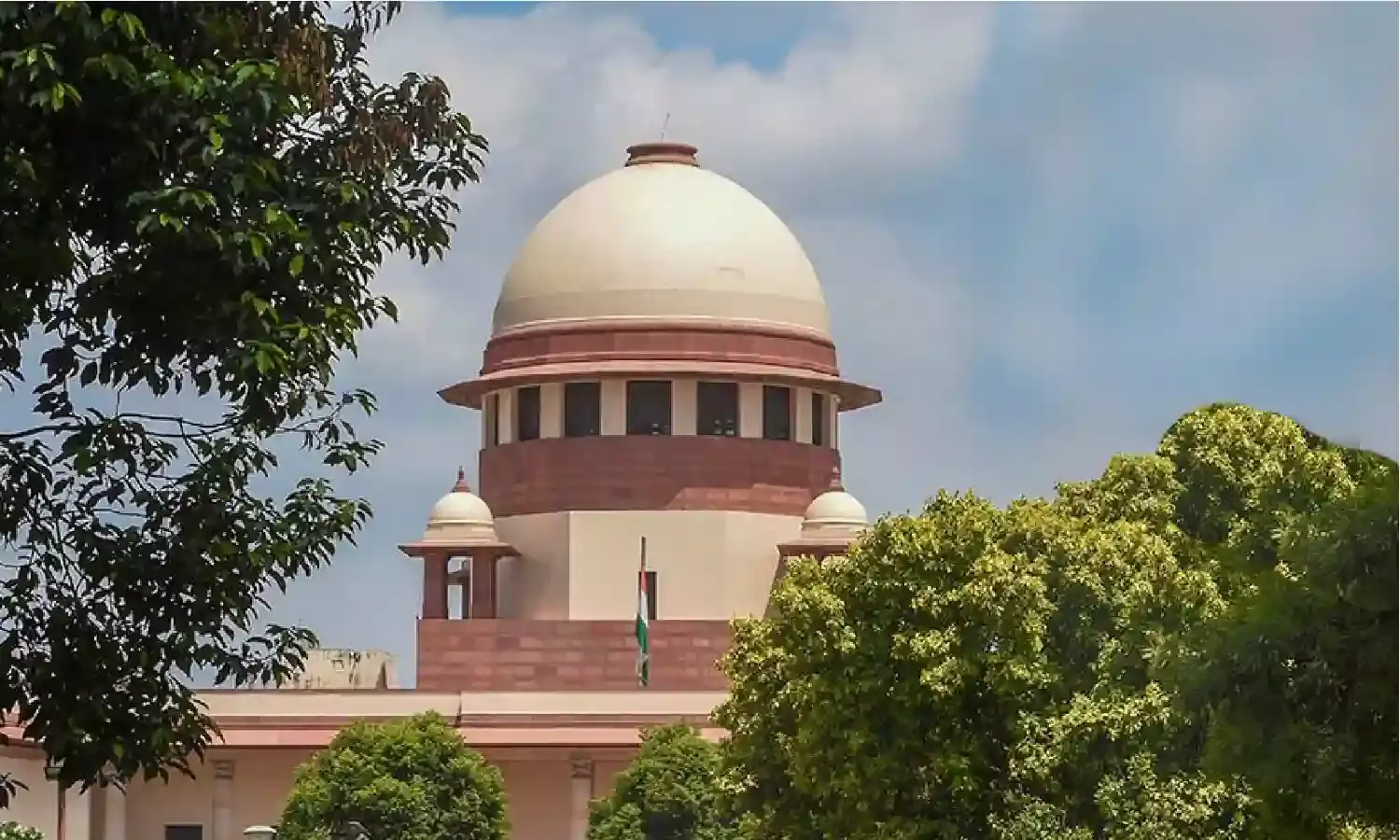Deliberately False Statements, Not Merely Inconsistent Statements Needed For Prosecution For Giving False Evidence: Supreme Court

A three-judge Bench of the Supreme Court has held that before ordering prosecution against a witness under Section 193 of the IPC, the Court should form an opinion whether it is expedient in the interest of justice to initiate an inquiry into the offence of giving false evidence and whether it was deliberate.
The bench consisting of Chief Justice NV Ramana, Justice AS Bopanna and Justice Hrishikesh Roy came to the conclusion in the case of N.S. Nandiesha Reddy Versus Kavitha Mahesh related to rejection of nomination form of a candidate by the Returning Officer of the 151 K.R. Pura Legislative Assembly constituency in Bangalore Urban District in Karnataka during the assembly election of the year 2008. The High Court of Karnataka had ordered the Registrar General to initiate proceedings against the Returning Officer for giving false testimony. Supreme Court has set aside the order.
"We are of the opinion that notwithstanding the conclusion reached by the learned Judge on the aspect of improper rejection of the nomination paper, the correctness of which was not required to be gone into for the reasons stated supra, the manner in which the learned Judge has concluded that the appellant in C.A. No.6171/2012 was inconsistent in his statements in the course of his evidence tendered by him as PW3 is not justified. Further the conclusion reached that he is to be prosecuted, without the findings being recorded regarding deliberate or intentional falsehood cannot be sustained," the bench held.
The Bench held that the Court must be satisfied that such an inquiry is required in the interest of justice and is appropriate in the facts of the case.
"As noted from the decision in the case of Amarsang Nathaji (supra) and the position of law which is well established is that even in a case where the Court comes to the conclusion on the aspect of intentional false evidence, still the Court has to form an opinion whether it is expedient in the interest of justice to initiate an inquiry into the offences of false evidence, having regard to the overall factual matrix as well as the probable consequences of such prosecution. The Court must be satisfied that such an inquiry is required in the interest of justice and is appropriate in the facts of the case."
The bench noted that the role of the Returning Officer is pivotal in the election process but at the same time, merely because of his post he cannot be exposed to the prosecution in the absence of essential ingredients of the offense.
"In that backdrop, insofar as the observation made by the learned Judge of the election tribunal relating to the need for maintaining purity of the election process which is the heart and soul of democracy and in that situation the role of the Returning Officer being pivotal, we fully concur with the same. However, it is also to be noted, merely because of that position the Returning Officer in the instant case need not be exposed to prosecution. Firstly, from the evidence as tendered, we did not see reason to permit the prosecution since in our opinion there is no intentional falsehood uttered. The other relevant facts also indicate that the factual matrix herein does not indicate that it is expedient in the interest of justice to initiate an inquiry and expose the appellant to criminal prosecution."
With respect to the discrepancy in the evidence of the Returning Officer, the Court noted that the evidence was being tendered after more than three years and all inconsequential events cannot be recalled with precision.
Facts of the case
Election Petitioner Kavitha Mahesh, the respondent before the Supreme Court had challenged the election victory of BJP candidate Nandiesha Reddy before the Karnataka High Court. Her nomination papers were not accepted by the Returning Officer alleging that it was not submitted within time. The High Court had held the election to be void and also directed the Registrar General to register a complaint against the Returning Officer under Section 193 Indian Penal Code, 1860, who was also examined as a witness. The victorious candidate as well as the Returning Officer filed separate appeals before the Supreme Court. The appeal of the victorious candidate had become infructuous due to the efflux of time. The appeal of the Returning Officer was allowed by the Supreme Court, setting aside the direction to prosecute him for offense under Section 193 of the IPC.

